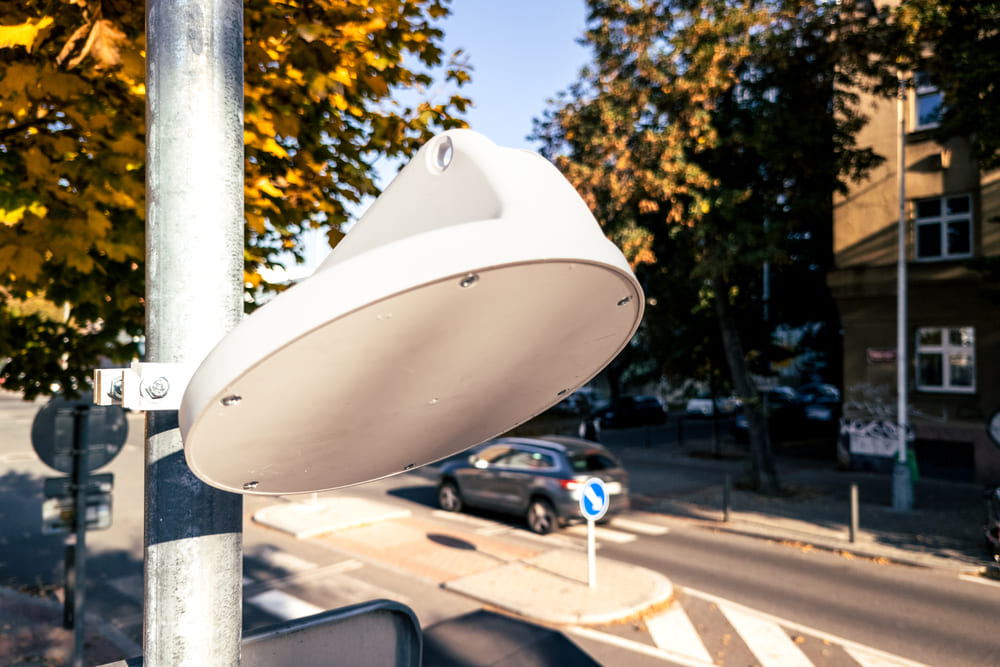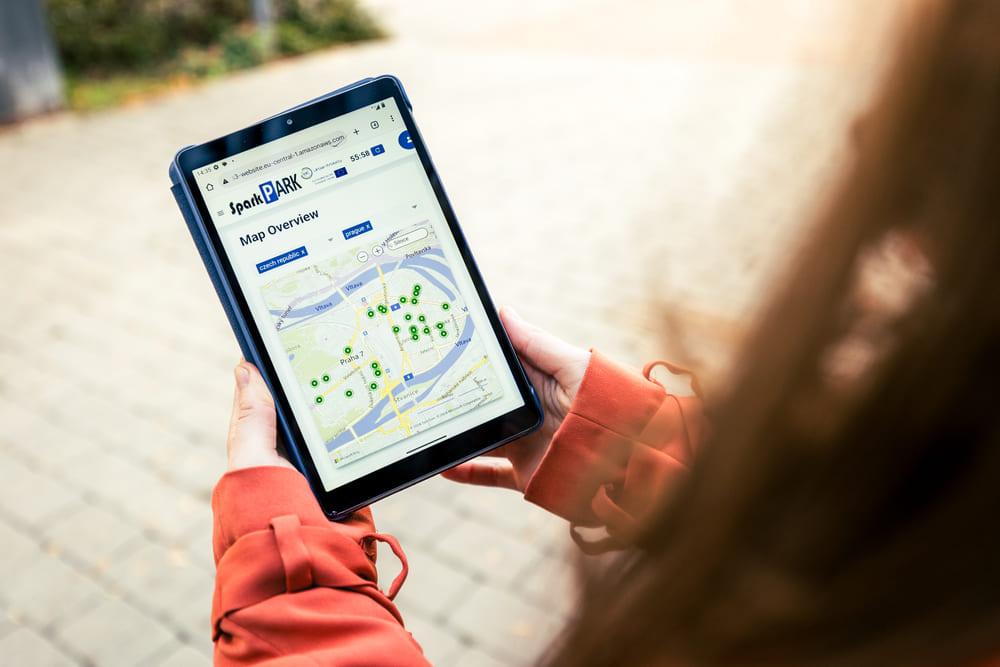As shared micromobility continues to grow across Europe, cities face increasing challenges around parking, street clutter, and safety. While cities like Madrid and Paris have imposed strict bans on kick-scooters due to these issues, Prague has embraced a tech-driven solution with the ParkedByMe project. This innovative initiative, supported by EIT Urban Mobility, has successfully introduced high-precision parking technology to improve urban mobility systems.
Key Findings from the ParkedByMe Pilot in Prague
The ParkedByMe project, a collaboration between PowerHUB, SparkPark (Norway), and FACTUAL (Spain), tackles the growing issue of improperly parked shared vehicles by using advanced Bluetooth parking technology. In Prague, the pilot project installed 25 sensor-enabled parking zones in Prague 7, ensuring that shared bikes and scooters only park in designated spaces. KolemPlzne, a local bike-sharing operator, participated by providing real-time data and feedback from users.
The use of shared micromobility vehicles, such as bicycles and e-scooters, has become prevalent in urban areas, offering an environmentally friendly alternative for short-distance travel. However, improper parking of these vehicles poses significant challenges, such as obstructing pathways and creating hazards for pedestrians, especially those with disabilities.
High-Precision Parking Technology
To address these challenges, technologies like ParkedByMe have introduced high-precision Bluetooth sensors that delineate exact parking spaces for shared vehicles. This technology offers several advantages over traditional GPS-based systems, especially in dense urban environments where GPS accuracy can be compromised. The use of Bluetooth sensors ensures that shared bikes, e-bikes, and e-scooters are parked accurately within designated zones, thus maintaining organized and safe city streets.



Pilot Testing in European Cities
Pilot tests conducted in Prague and Madrid have demonstrated the effectiveness of Bluetooth-based positioning. The tests revealed that Bluetooth sensors offer a higher success rate in detecting accurate parking events compared to GPS/GNSS systems. For instance, in Prague, Bluetooth sensors achieved a 90.6% success rate, whereas GPS-based systems had only a 38.4% success rate.
Benefits for Cities and Operators
Cities and operators can benefit significantly from implementing such precise parking solutions. Cities can experience reduced clutter and improved public space usage, while operators save costs associated with locating mis-parked vehicles. Moreover, enhanced parking accuracy fosters better relationships between operators and city authorities, improving the overall perception and acceptance of shared micromobility.



Challenges and Recommendations
Despite the technological advancements, challenges remain, such as the need for clear and enforceable parking rules and effective coordination between stakeholders. Recommendations include adopting a hybrid approach that combines digital solutions with physical infrastructure to influence user behavior positively. Additionally, fostering cooperative relationships between municipalities and operators is crucial for the successful integration of shared micromobility into urban transport systems.
Conclusion
The integration of high-precision parking solutions like ParkedByMe can significantly enhance the management of shared micromobility in cities, offering a more organized, efficient, and user-friendly experience for all stakeholders involved.
A Roadmap for Other European Cities
The ParkedByMe pilot in Prague offers a scalable blueprint for other cities across Europe. By ensuring that shared micromobility vehicles are parked safely and accurately, the technology is setting the stage for cleaner streets, safer spaces, and more efficient urban mobility systems. With lessons learned from Prague, ParkedByMe is ready to expand, providing solutions to other European cities grappling with similar challenges.
The project’s success in Prague also highlights the growing need for smarter parking solutions, especially in cities like Madrid, where shared e-scooters have been banned due to parking issues. In Madrid, ParkedByMe conducted a survey of 16 residents, with respondents praising the city’s biciMAD bike-sharing system but noting significant challenges around parking, particularly with full docking stations.
Looking Ahead
The ParkedByMe project’s impact extends beyond its pilot phase. By improving the management of shared micromobility vehicles and reducing street clutter, the project is contributing to sustainable urban mobility. With ongoing support from EIT Urban Mobility, ParkedByMe continues to pave the way for smarter, cleaner, and safer cities.
